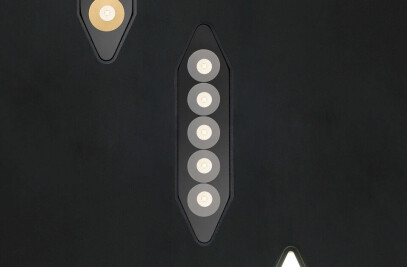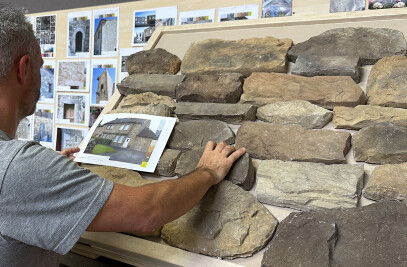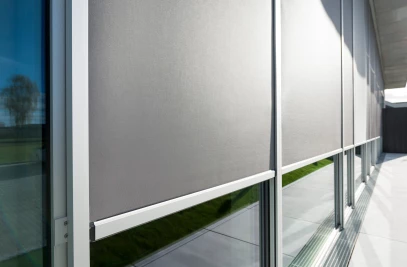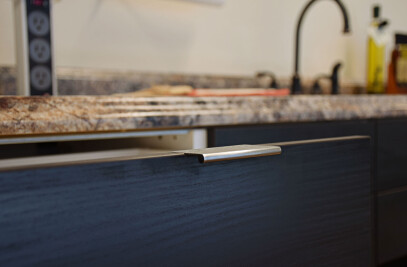The pedestrian bridge between the Metro station and the Bois de Sauvabelin creates a connection between the urban plateau and the artificial natural landscape of le Vallon. The duality of different geometries at the location, the quadrangular construction on the square compared to the socalled “natural” character of le Vallon, becomes a leitmotif for the bridge construction. Depending on the perception from the different perspectives, i. e. whether one crosses over the bridge as a pedestrian, or under it as a car driver, the design presents its play of criss-crossing lines between the square and the street, thereby shifting them together into a characteristic form.
To announce its dual role as a new gateway into the city and as a connecting element for slower traffic, the design uses the two complementary materials of wood and concrete. This provides solutions for the statics, while the interplay between specific material properties creates contrasting atmospheres for the car drivers rushing by below and the pedestrians crossing the heart of the bridge above. On the opposite side, the construction rests on the mound of rubble created while the Metro was being constructed. There, the atmospherically charged course is continued over the ramp, leading downwards in a large spiral through the dense ornamental shrubbery.





























